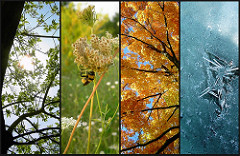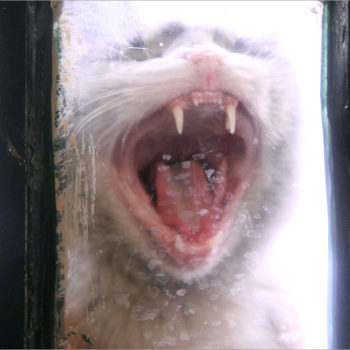The season foreshadows the events about to take place. For example someone might be born in spring, or die in winter. Ever since there has been writing the seasons have stood for the same meanings.
Spring= youth and childhood
Summer= adulthood, romance, fulfillment, and passion
Autumn= middle age, decline, tiredness, and harvest
Winter= old age, resentment, and death
Some examples from the chapter are William Shakespeare’s A Winter’s Tale, Twelfth Night, and A Midsummer Night’s Dream. The Mamas & Papas song “California Dreamin’ ” about hating winter, and The Beach Boys summer, surfing, cruising songs.
An movie example not in the chapter is 500 Days off Summer. In the movie the man named Tom is caught off-guard when his girlfriend Summer dumps him. He reflects on their 500 days together to see where it all went south, during this he re finds his passions in life. At the end of the 500 days he meets someone new who shares a lot off the same interests as him and tells him her name Autumn.
Photo credit: sgs_1019 via Foter.com / CC BY-NC-SA













1 Comment
You included everything really well. The only other thing I would mention would be how seasons can have two meanings, depending on how the author wants their story to go. Sometimes autumn can also mean wisdom and peace, while summer can be hot and stifling.
Another example of the seasons representing different events is in the movie Frozen. Everyone is happy with the warm weather, until Elsa’s ice powers are discovered, immediately making people think she is bad, causing winter to be thought of as a bad thing. Anna has to go on a quest to bring summer back, or the only good thing that the people look forward to.